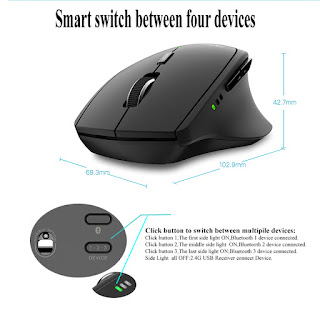I exhaustively checked for every possible borrowing. For one thing to be noted, you can borrow a max of 2 bottles. How? Just examine the 200 case without borrowing. In the end you'll have 2 unused bottles. Since it's the highest case, so there can be a max of 2 unused bottles, so a max of 2 returnable bottles/borrowable bottles. :|
/* Faith-M */
//Headers
#include <set>
#include <map>
#include <list>
#include <cmath>
#include <ctime>
#include <deque>
#include <queue>
#include <stack>
#include <cctype>
#include <cstdio>
#include <string>
#include <vector>
#include <cassert>
#include <cstdlib>
#include <cstring>
#include <sstream>
#include <iostream>
#include <algorithm>
#include <climits>
#include <clocale>
//Defines
#define pow2(i) (1<<i)
#define bit(i) (1<<i)
#define isOdd(i) (i&1)
#define isEven(i) (!(i&1))
#define isPrime(i) ((i==2) || ((i&1) && !pTest[i])) //pTest has to be the bool array's name
#define sz(i) i.size()
#define vec(type,name) vector< type > name
#define rep(i,a,b) for(int i=a ; i<=b ; i++)
#define swap(type,a,b) {type t=a; a=b; b=t;}
#define sum(a,n) ( (n*(n+1)/2) - (a-1)*a/2 )
#define iscap(i) (i>='A'&&i<='Z')
#define issmall(i) (i>='a'&&i<='z')
#define isnum(i) (i>='0'&&i<='9')
#define issymbol(i) (!(i>='a'&&i<='z') && !(i>='A'&&i<='Z') && !(i>='0'&&i<='9'))
#define mk(i,j) make_pair(i,j)
#define ERROR 1e-11
//Type Defs
typedef long long lint;
typedef unsigned long long ulint;
typedef long double ldouble;
using namespace std;
int proc(int n, int borrow)
{
int cola = 0-borrow;
while (n>=3)
{
cola += n;
cola -= n%3;
n = (n/3 + (n%3));
}
cola += n;
if (n<borrow) return -1;
else return cola;
}
int results[300];
int main()
{
int i, res1, res2, res3;
for (i=0 ; i<=200 ; i++)
{
res1 = proc(i, 0);
res2 = proc(i+1, 1);
res3 = proc(i+2, 2);
results[i] = max(max(res1,res2),max(res2,res3));
}
//freopen("input.txt","r+",stdin);
//freopen("output.txt","w+",stdout);/**/
// TEST CASE //
/*int kase=1, kounter=1;/**/
while (scanf("%d",&i)==1)
{
printf("%d\n",results[i]);
}
return 0;
}


